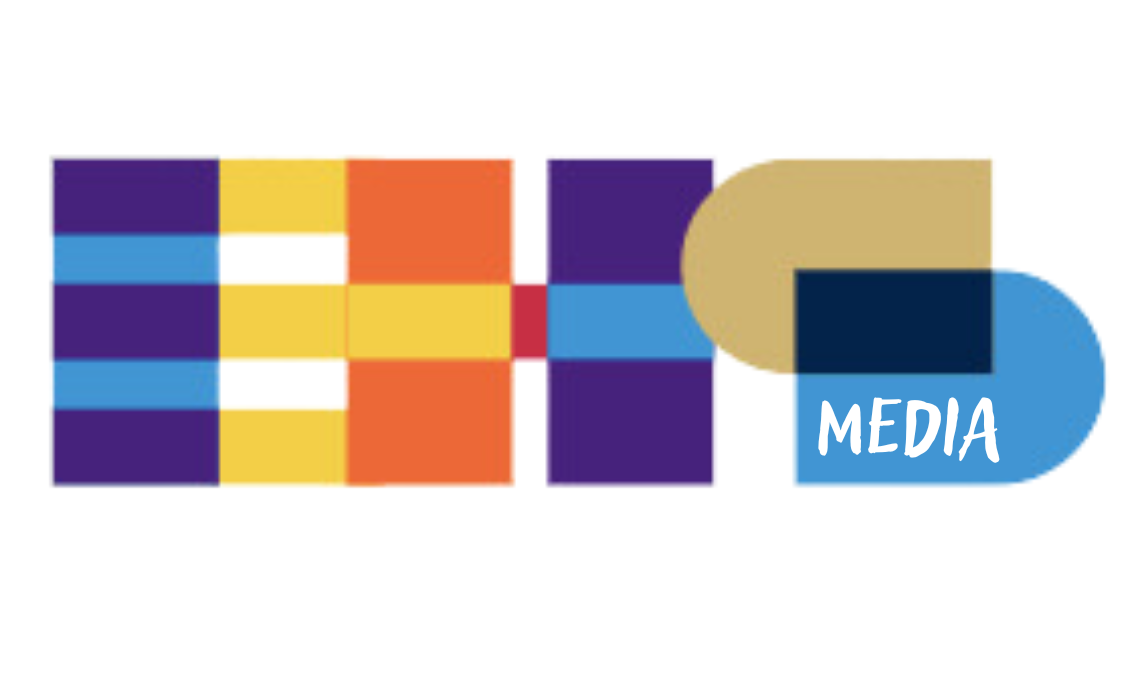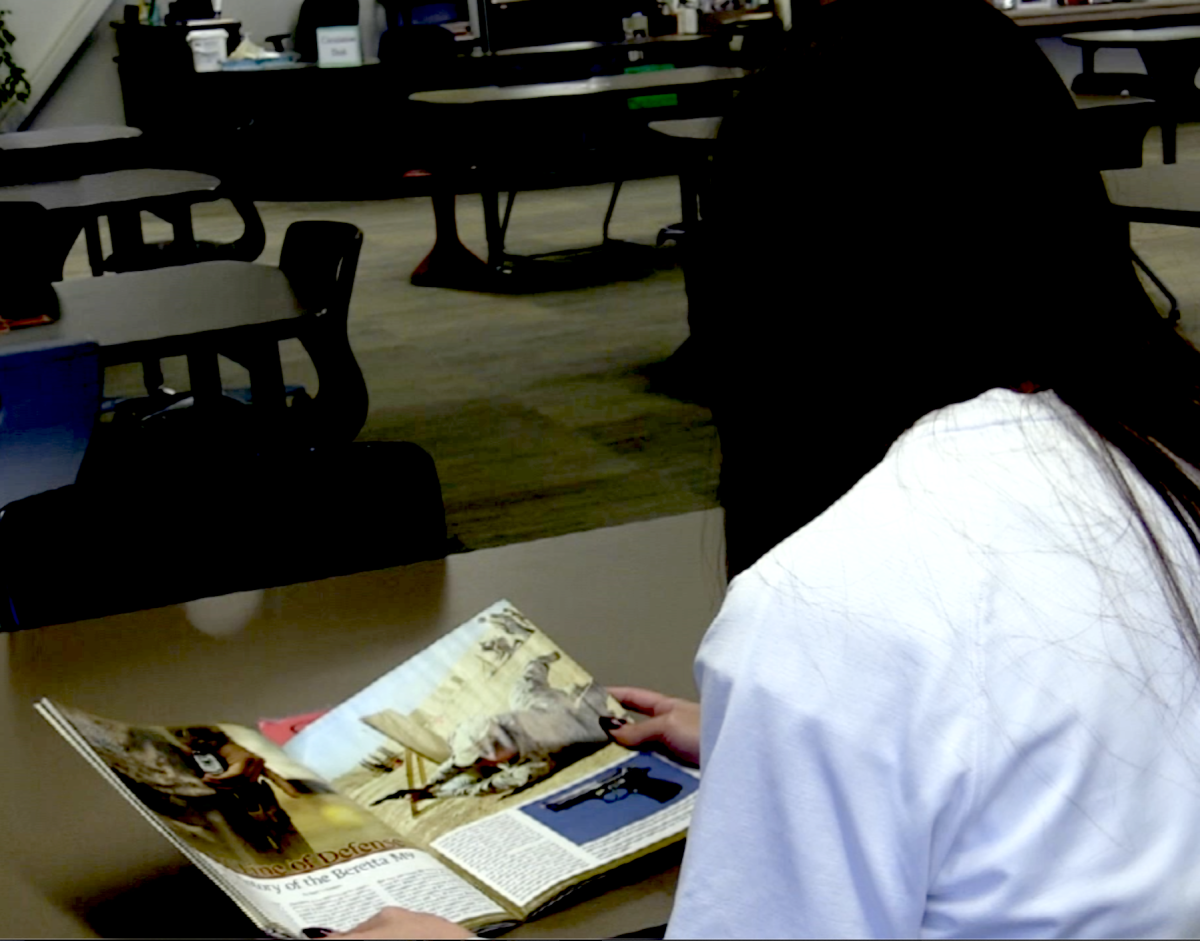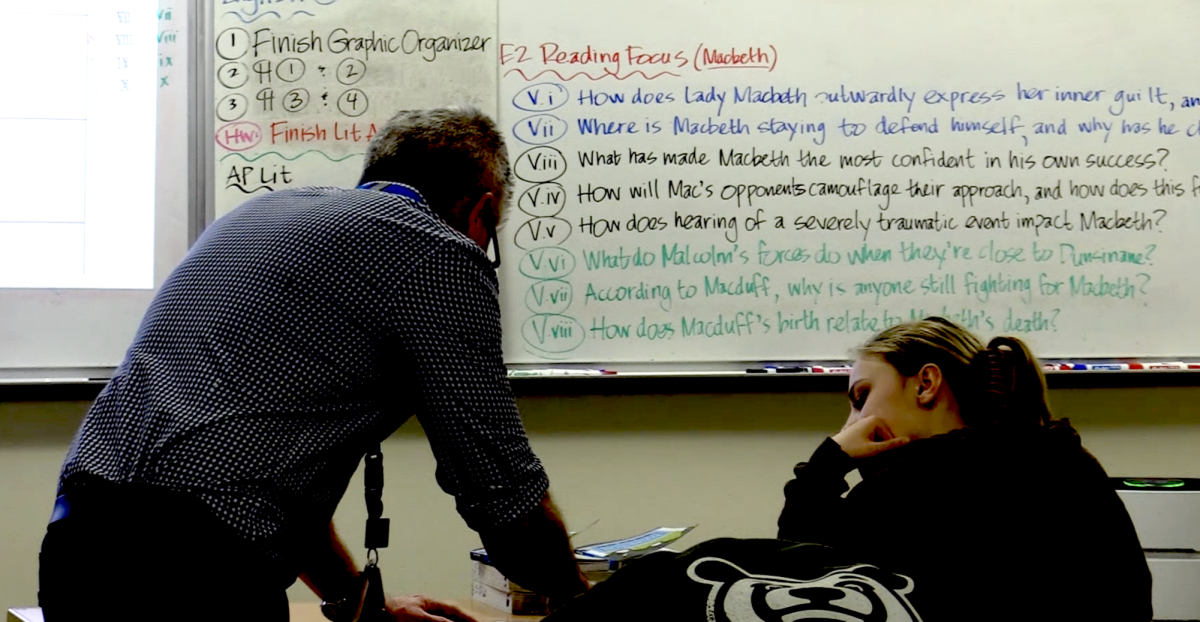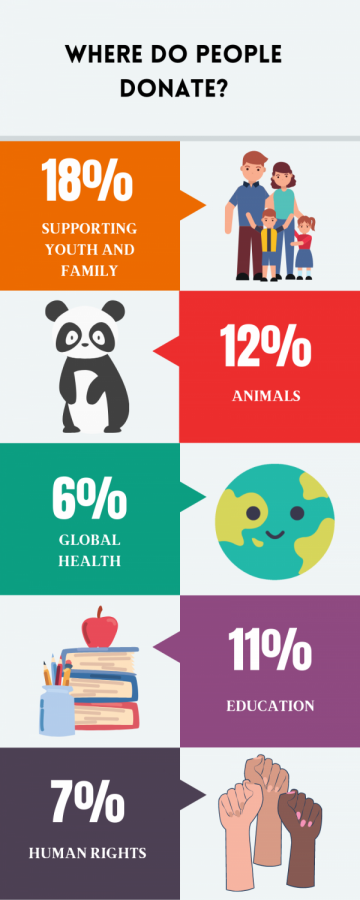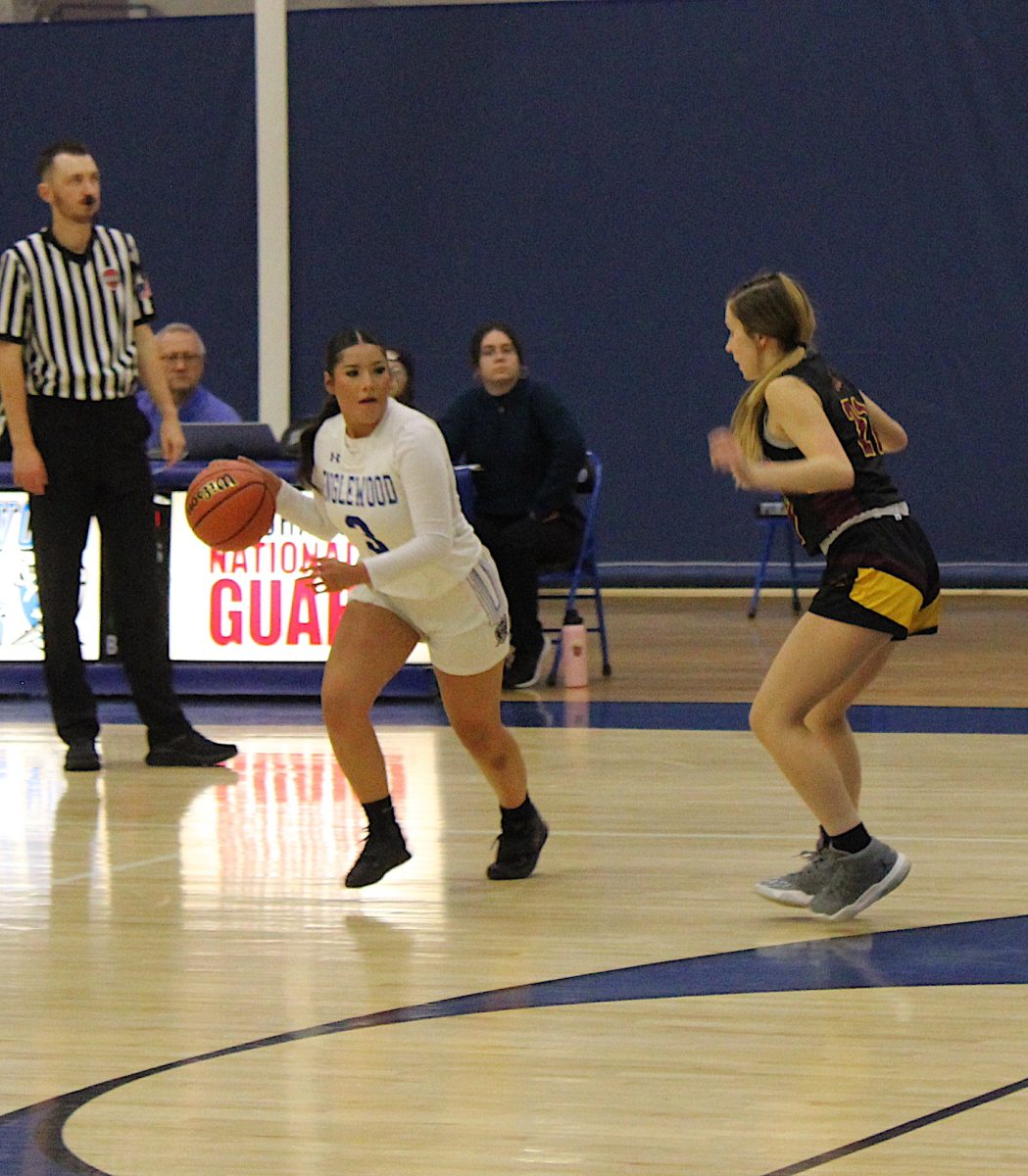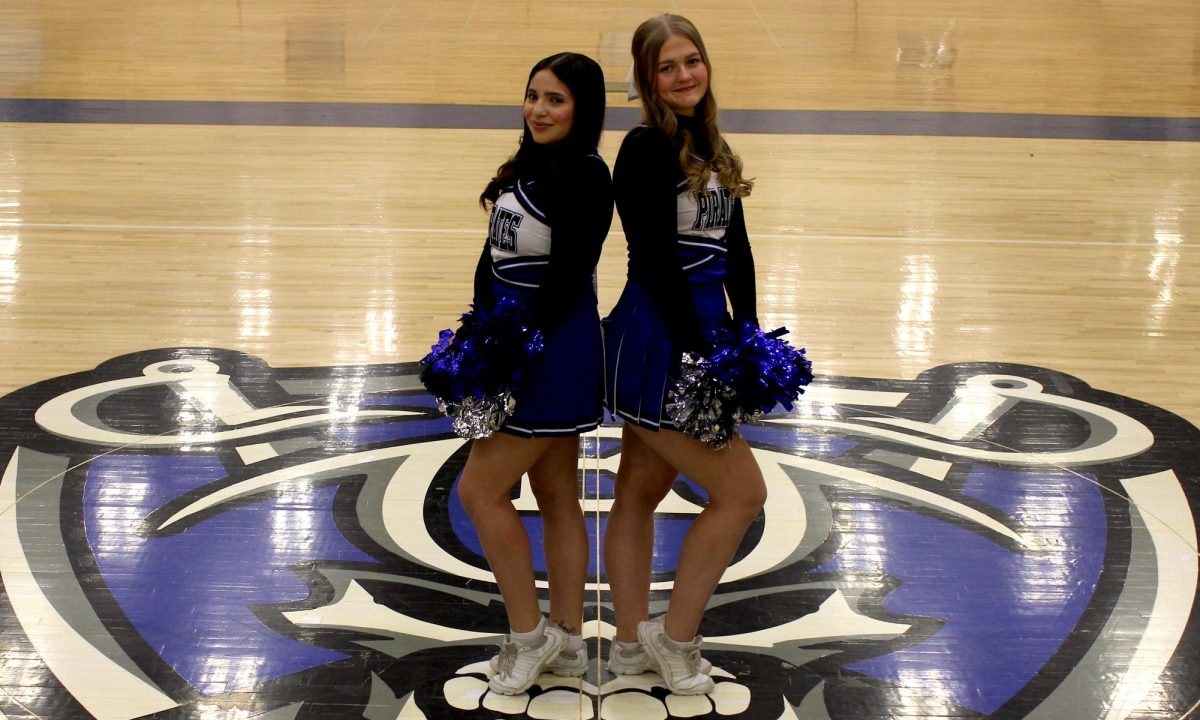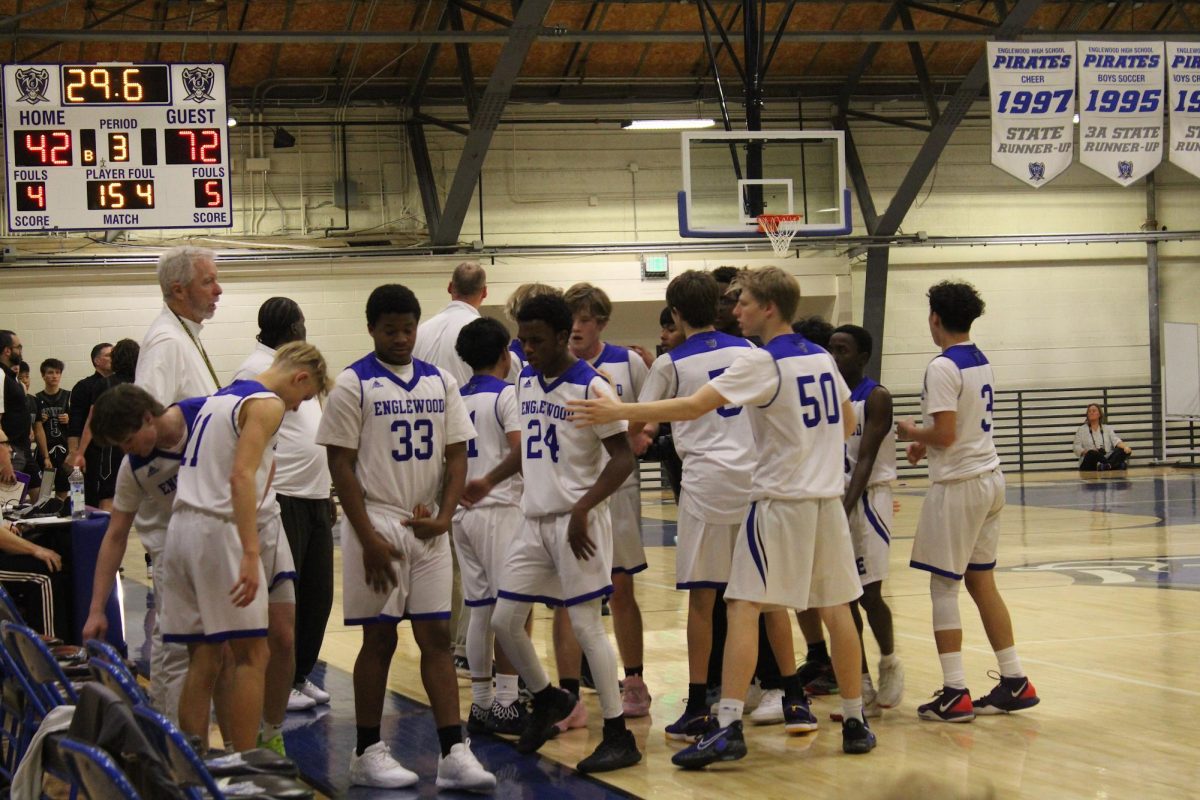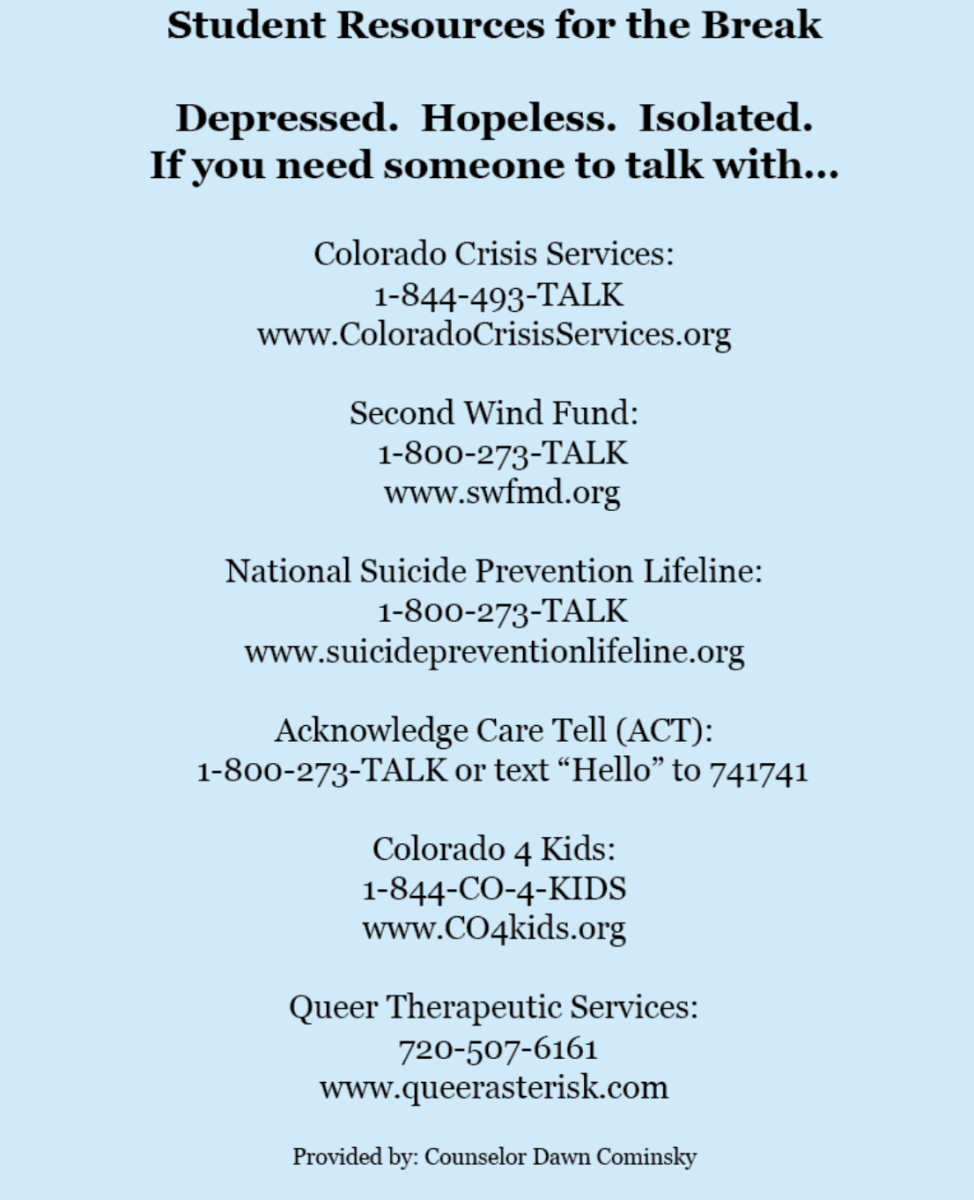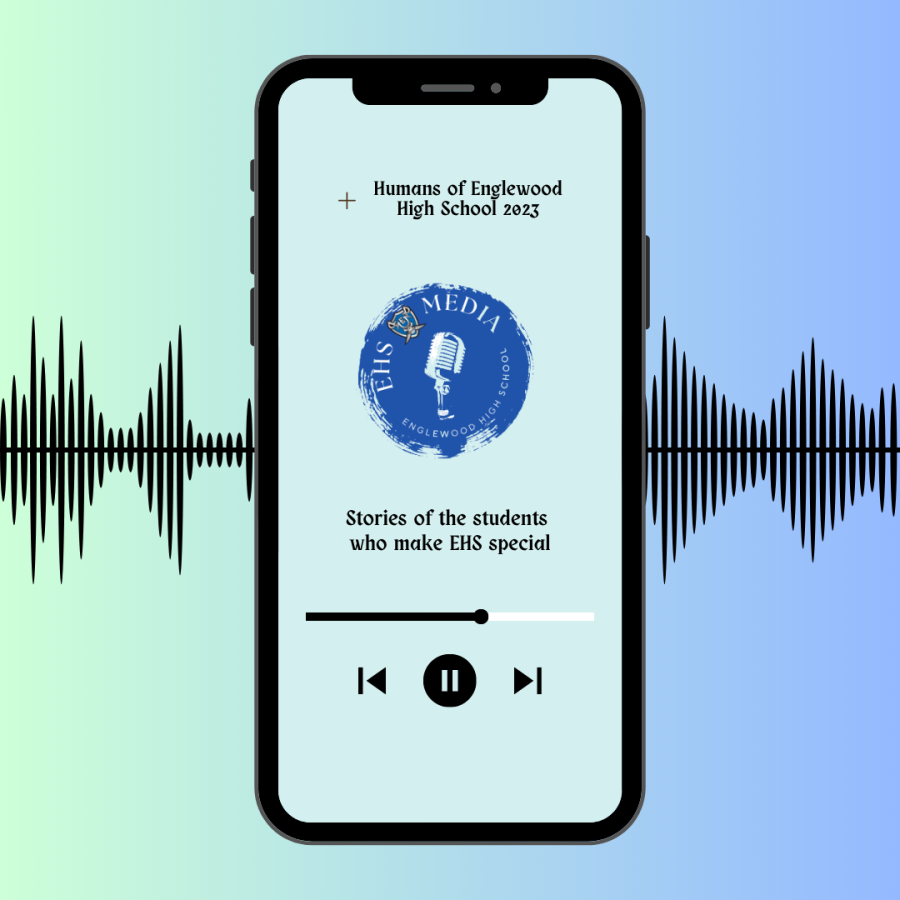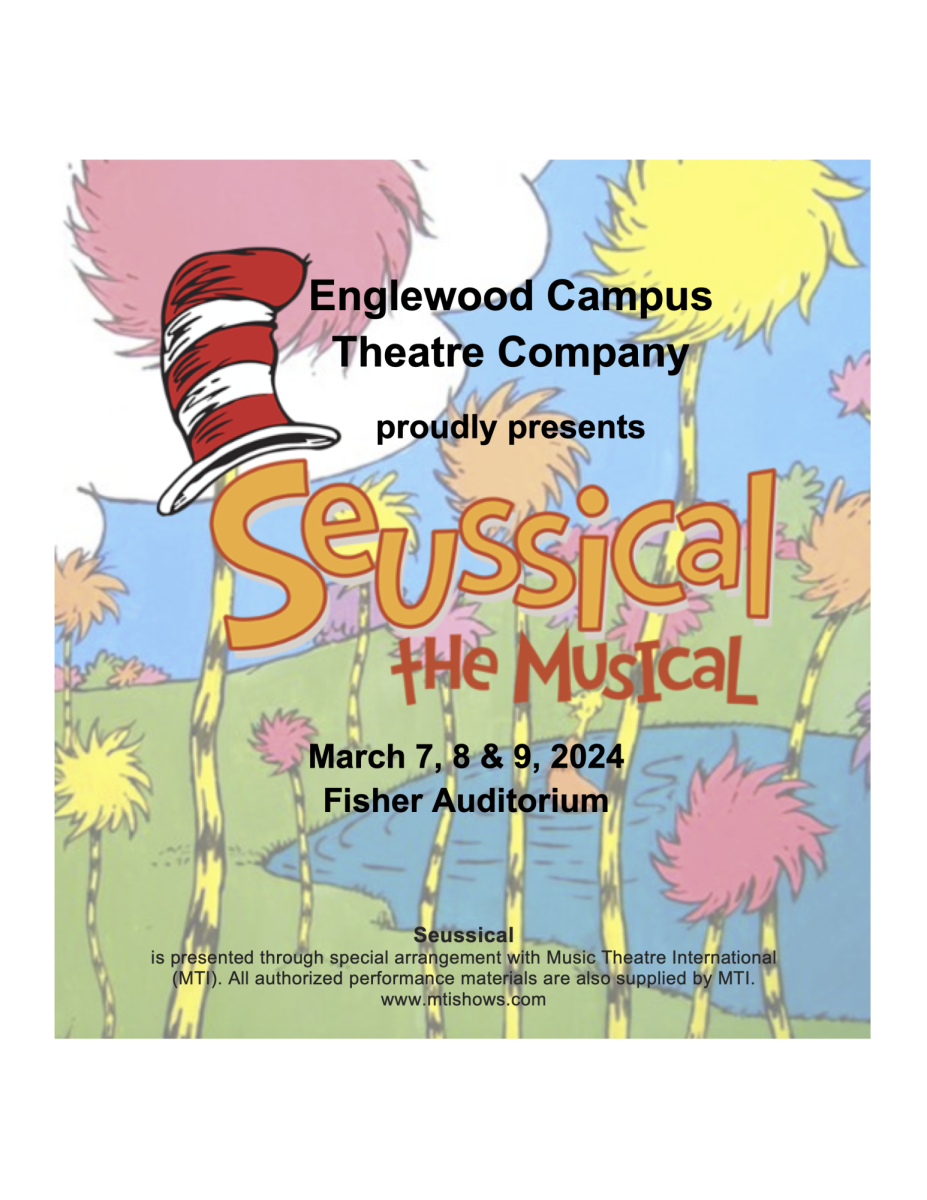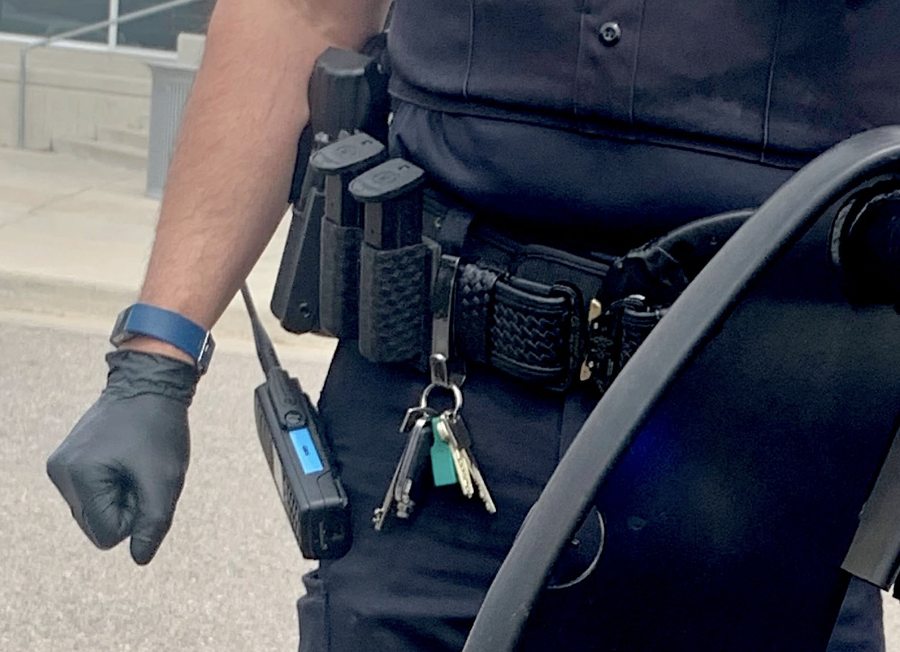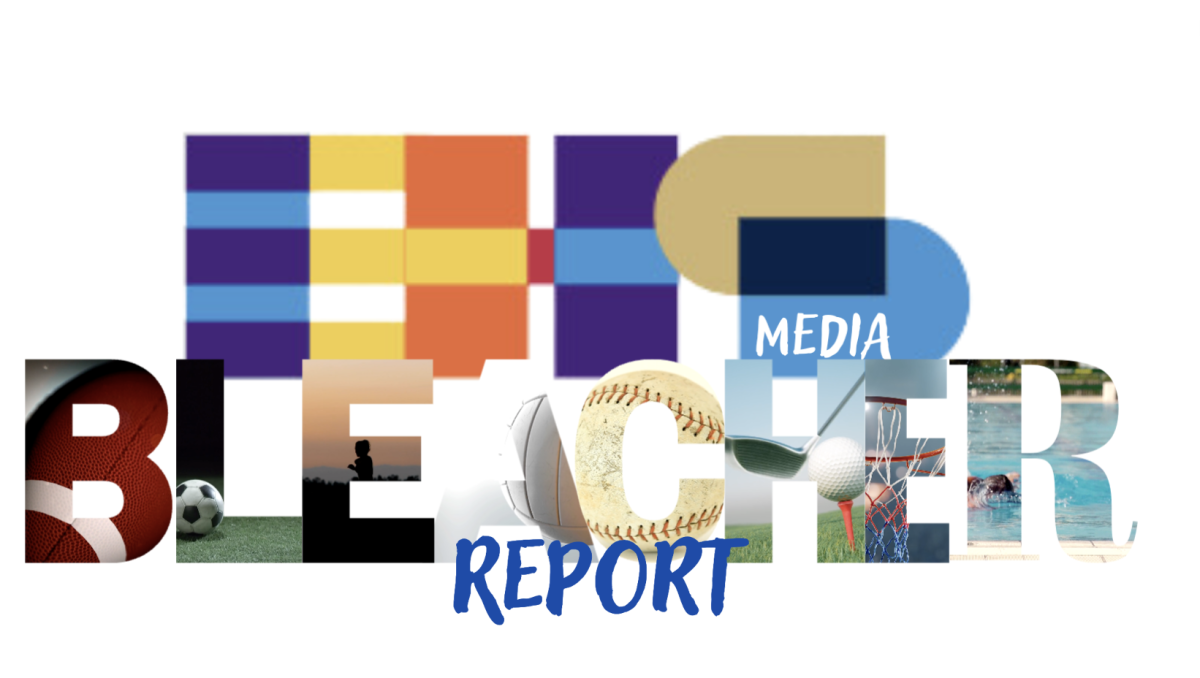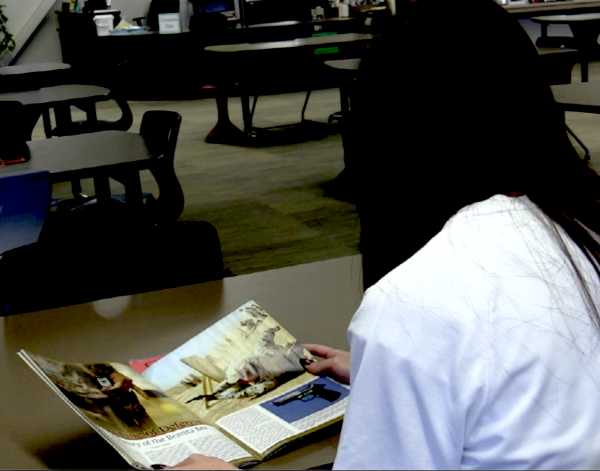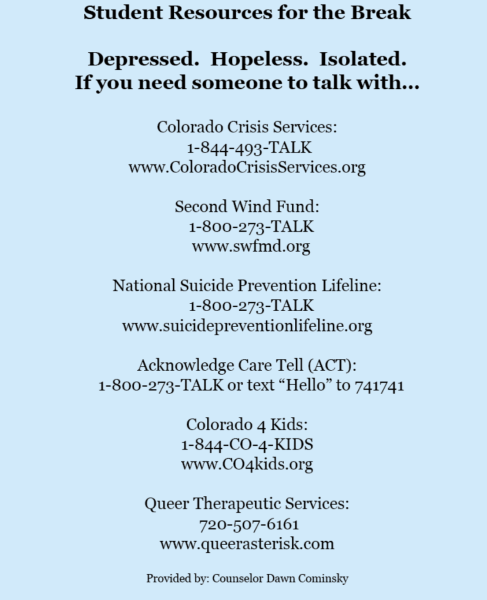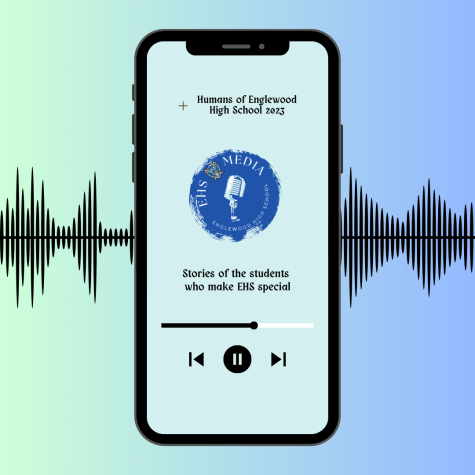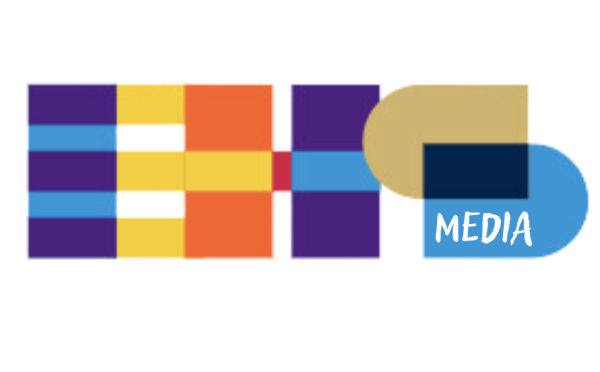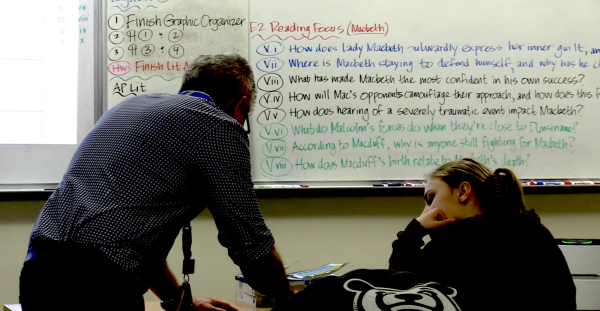I sw*(#r
Why do we swear and should we stop?
Cursing, on and off campus, has spurred some raves, rants, and reviews in student newspapers recently. An article in The Herald at Arkansas State University, for example, explores how “cursing becomes socially acceptable in college.” Among its benefits, according to ASU student Madison Blancaflor, “Swearing while in pain actually raises pain tolerance. … cursing activates the body’s ‘fight or flight’ response, causing a surge in adrenaline levels.” Experts say this surge can help the body cope with pain levels that it normally couldn’t.
Swearing also gives us a sense of power and control. How do you feel after you spout off a round of curse words when you’re upset? Empowered, right? For some reason, cursing brings out that strong, sassy side we all have.
Meanwhile, Collegiate Times columnist Taylor Lewis at Virginia Tech notes, “People my age view cursing as harmless and while at school, in an environment that tolerates foul language, it is harmless. However, this starts to become a problem when it enters certain areas of our environment like the classroom.”
What’s the status of swear words nowadays at your school? What are the more popular or recently-trending bad words and phrases entering students’ everyday speak? What are the views of students, faculty and staff about when, where and how cursing should and not should be carried out? And how often, and in what situations, do you find yourselves tossing out swear words without a second thought — in the real world and in the mobile and digital arenas?

Students in high school are learning boundaries when it comes to swear words. Impressing their peers with a curse word can get them in trouble.
“I swear all the time,” Alex Rodriguez (11) said. He says his friends often don’t even think about the words coming out of his mouth.
As we get older, the need to curse may lessen as adults are asked to be more professional in their language. Security guard Dave Evans says he used to cuss, “When I was younger I got in trouble for it.”
Heit says many adults are not okay with poor language and will discipline their kids for doing so. Daniel Gutierrez Hermosillo (10) says cursing could be used in a positive way, “It can sometimes be positive, it just depends.”
Psychological scientist and author of Cursing in America, Timothy Jay said in a research article published recently that there are five scenarios where you should channel your “inner sailor.”
1) Pain Management (see above)
2) It improves your workout-swear words can actually help boost your performance (just don’t cuss in the school gym)
3) It releases stress-there is some science behind why cursing when your angry makes you feel better. It can be an effective emotional release
4) It can help you express yourself-the Journal Language Science found cursing IS NOT a sign of limited vocabulary. Those who cuss are able to express themselves in a nuanced way.
5) It makes you appear more honest and authentic-cursing can show someone your uncensored, raw, unfiltered reaction to a situation.
Your donation will support the student journalists of Englewood High School - CO. Your contribution will allow us to purchase equipment and cover our annual website hosting costs.



